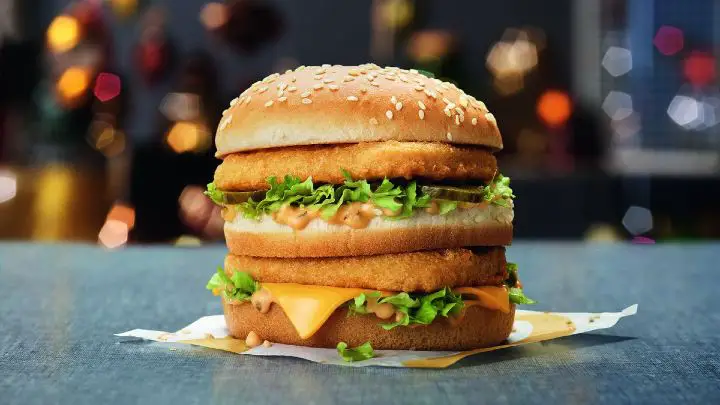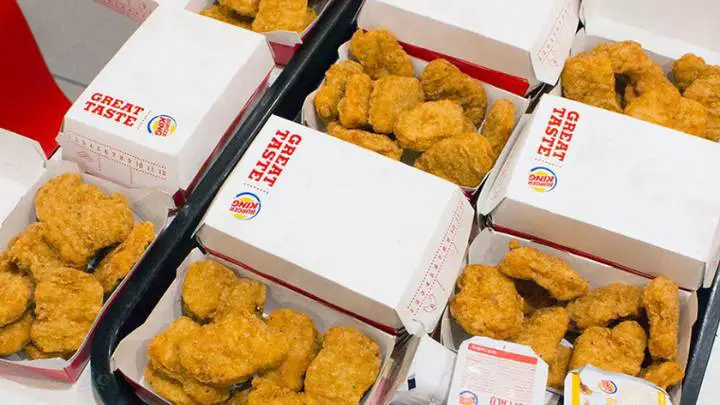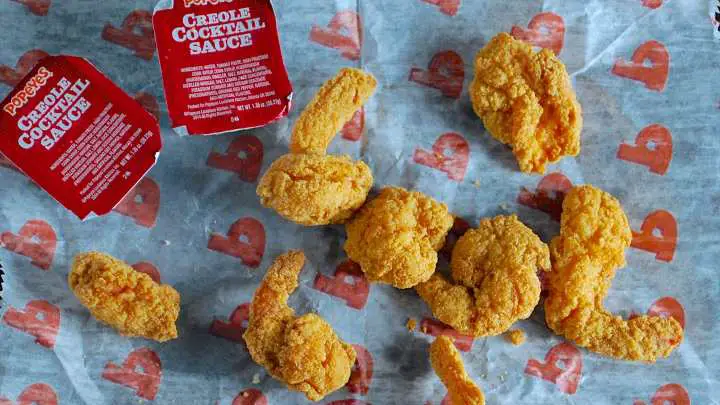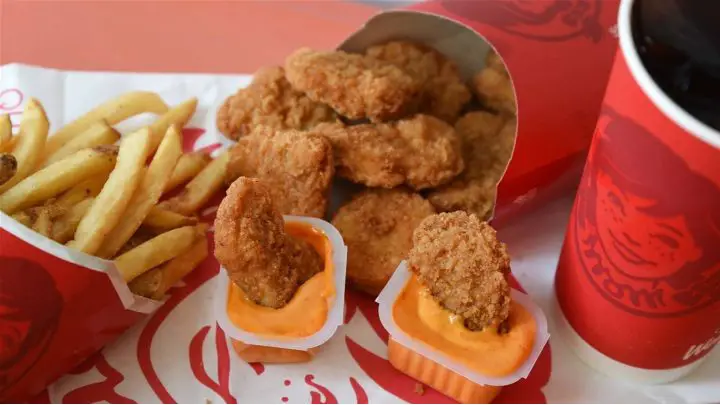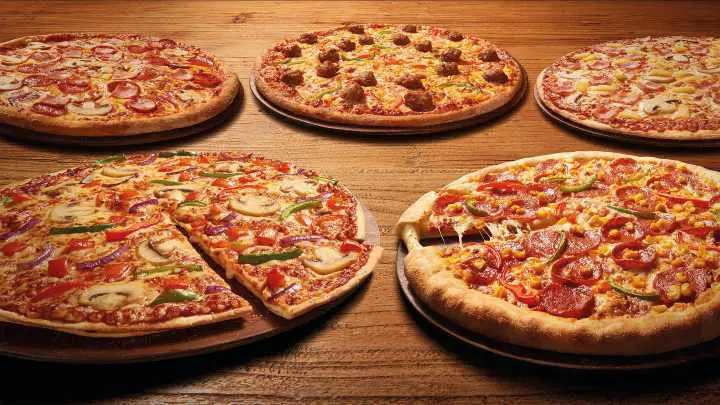Are you looking for top kitchen safety tips for your home? Well, when it comes to your home and safety, you can’t be too careful. From kitchen fires to be aware of and sharp knives around your children, there are many dangers left behind by the hands of time that you must be aware of in the kitchen.
Because, let’s face it – a kitchen is a place where accidents happen, whether it be with hot oil or sharp knives. Whether you live alone, are cooking for a big family, or have a small child – safety around the kitchen is important.
Children are naturally inquisitive and want to check out everything. It is common for them to want to touch things, open cabinets, and drawers, and sometimes get into your medicine.
To avoid accidents in the kitchen, follow these top kitchen safety tips for your home.
1. Have a fire extinguisher
Among the external items to include in your kitchen, the fire extinguisher is important. It is precautionary and preventive equipment to include. Although it is very irrelevant to your cooking processes but goes a long way in protecting you, your family, and your house from fire accidents.
To use a fire extinguisher properly, you need to know that not all fires require the use of an extinguisher. To extinguish a greasy and electric fire never use water. Use baking soda or pan covers instead. Very important, if you cannot handle a large fire do raise an alarm.
2. Don’t leave small children alone in the kitchen
If you have small children, don’t let them play with knives and sharp utensils. Children can easily cut themselves on these items, especially when they’re tired or having fun playing with friends. If you have an older child who wants to help out in the kitchen, make sure they know how to use the appliances safely before they start working with them on their own or near other people’s food preparation areas.
3. Use a childproof lock
This is for the sake of your kids. Children are very inquisitive and go the extra mile to satisfy their curiosity. You have to ensure no harm is placed in their reach. Take a look at how producers and manufacturers are safety cautious for children.
Every good or ingredient which requires the expertise of an adult is specifically tagged with caution; “do not put it at the reach of children”. Therefore, one of the ways to ensure your children are safe from harmful items in the kitchen is to buy a child lock for your shelves, cabinets, oven, and kitchen doors.
This is not to say you should not let your children learn from your cooking. In simple and careful ways your children can learn a lot of things from your cooking when you let them in.
4. Never let your pets in
The next in line from the top kitchen safety tips for your home is to never let your pets into your kitchen. Irrespective of the level of likeness, your dog, cat, or parrot must never enter the kitchen. They can be a major distraction and in other ways can accidentally harm you when they hop or touch what shouldn’t be touched.
5. Keep your body off
Cooking tactics involved in any kitchen require careful manipulation of the food. Frying is one of the kitchen activities you need extra caution. Safety when frying needs you to steer clear at least some inches away when placing your food items in the pan.
There are many cases of skin accidents that were recorded as a result of not steering clear from the pan. The same safety tip applies to other food; for instance when stirring your pasta, you should use a slotted spoon for better reach. Trust you know there are a lot of spoons that serve specific purposes.
6. Wear aprons and flip-flops
Ever considered changing your wears because you are about to cook? The types of clothes and shoe covering you put on will determine your safety when cooking. Without a doubt, you know that aprons are the safest to wear.
You must wear a kitchen apron because it is a sign you are maintaining good hygiene, and protecting your original cloth and your body. Lastly, as one who aims to be top in the cooking game, it makes you appear like a pro.
For flip-flops, wear one to protect yourself because you never can tell when a knife will drop and it will land on your toe. An alternative to flip-flops is to wear good sturdy shoes.
7. Spills must be cleaned instantly
It is almost impossible to cook and not spill any liquid. A liquid can pour on your cabinet, stools, fridge, and floor. The issue here is that when you do not wipe these spills, you risk both major and minor accidents; especially for spills on your kitchen floor. You will never be aware when suddenly you slide away or someone else does. Therefore wipe spills immediately.
SEE: Transformative Techniques to Clean Your Kitchen
8. Handle your knives safely
Knowing how to handle your kitchen tools and equipment will save you from unnecessary accidents. For any utensils and equipment bought, make sure you read the handling section instructions for a guide on how to use them.
The kitchen knife is very delicate; never handle it when you are distracted. In fact, never use your knives for other kitchen functions other than cooking. You mustn’t use an appliance that has a frayed cord. All kitchen appliances should only be cleaned when they are cool.
When you know how to use your kitchen appliances rightly, you are on the right path to making them last longer.
SEE: Things To Never Do With Your Kitchen Knife
9. Never add water to a hot pan with oil
Hot oils react to water dangerously; they splash over the pan touching anything in its surroundings. Most cooks are fond of doing this but I will advise you to never try it. There are simple techniques to employ when doing your frying.
To prevent oil splattering on your skin, make sure you wear an apron and no other person is close by. And use dry and long spoons for better reach to turn your fries. The negative effects of hot oil on the skin are traumatizing, avoid it.
SEE: Easy DIY Methods to Clean Burnt Milk Off Stove
10. Lift according to your ability
There are two things to consider in this tip. Never lift items that are too hot with your bare hands. Secondly, never carry items that are beyond your strength.
If you cannot carry an item, request assistance from your partner or any of your children. For instance, carrying your new refrigerator into the apartment needs extra hands.
11. Store cleaning materials and chemicals in a safe place
Store cleaning materials and chemicals in a safe place. Don’t leave them on the counter or in easy reach of children. This includes ammonia, bleach, drain cleaners, oven cleaner, paint thinner, turpentine, and other solvents that may be poisonous if ingested or inhaled.
Each of these items is toxic except when they are used for cleaning. Dedicate a cabinet to store and keep them out of reach of children with a child lock.
12. Get rid of any appliance that is broken or damaged
Get rid of any appliance that is broken or damaged. If you have a broken appliance, it can be dangerous and should be replaced immediately. Get rid of any appliances that are old and need repair.
13. Use a step-stool to reach high places
Use a step-stool to reach high places. You should never use an item that is designed for one purpose for another purpose. For example, if you have a step-stool on hand, use it when you need to reach something high off the ground instead of using a chair or ladder that may not be stable enough to support your weight in case you fall off of them.
14. Be careful about sharp edges
If there are any sharp edges in your kitchen, cover them with something soft so that no one gets hurt. For example, if there is a sharp edge on the countertop, cover it with a towel or another material so that no one gets hurt by it accidentally.
15. Handle your equipment properly
Before utilizing your kitchen equipment, make sure you know how to use them properly. If you have little children or dogs in the house, keep your knives out of reach so that they don’t harm themselves or others while playing with them.
Also, remember to clean up any messes made when doing any cutting; this will help prevent slips and falls as well as cuts from dirty surfaces caused by food particles sticking to them.
SEE: How To Use A Meat Grinder
16. Don’t leave your food until it is done
Never leave your food until it is done. If you leave the stove unattended to cook something on high heat, there is a chance that your food will catch fire or burn up before you even notice it.
Make sure that when you cook something it has enough water to keep it from burning or drying out while cooking so you don’t have to come back every few minutes to check on it.
17. Handle hot dishes with care
Always use pot holders when you put something into or take it out of the oven — even if it’s only at room temperature. Avoid burns by always touching the pot holder before touching anything else (like your hand) and always put down the pot holder after using it so that no one gets burned by picking up something else with their bare hands.
What are the kitchen safety tips for elders?
- Install an automatic shut off feature for elders because they are prone to forget easily
- Use only unbreakable cookware to prevent accidents.
- Placing a non-skid mat and rug in your kitchen to help prevent sliding
- Set your refrigerators at 40oF for meats and dairy products.
Frequently Asked Questions
Is it important to clean the cooking area before you start cooking?
Cleaning is definitely the first step – and an essential part of kitchen safety. It reduces the risk of an accidental chemical spill, prevents accidents that cause burns, and stops any food that you may drop from contaminating your floors. This will lower your overall cleaning workload afterward.
Can your kids help you in the kitchen?
Yes, there are a lot of things kids can learn from you while in the kitchen. However, make sure you keep everything that could cause harm to them away.
Conclusion
Kitchens are dangerous places. From knives to hot stoves, and from electrical appliances to sharp slip-and-fall hazards, there are many things you must be wary of. Fortunately, many of these hazards can be taken care of with little diligence and the right precautions.
The above top kitchen safety tips for your home are tips that you can implement to help reduce the chances that you will have an accident in your own kitchen. They may not guarantee that your kitchen is 100% safe from accidents, but they will probably help minimize the risks while allowing you to prepare healthy foods at home with confidence.
The safety tips you practice help a great deal in determining how safe your kitchen environment is. These top safety tips listed here are relevant as you work towards keeping yourself and your family safe. Never ignore the fact that your kitchen can be a place of major accidents so safety is first in all your cooking activities.
Want more tips and guides that will help you have a great kitchen experience, save on grocery shopping, and preserve your food items? Feel free to explore Cheffist.
Thank you for reading.

